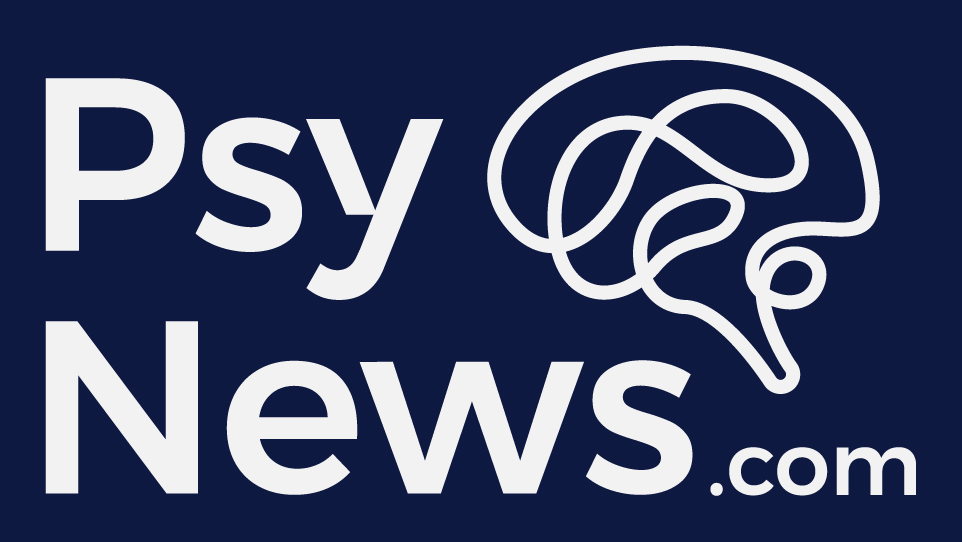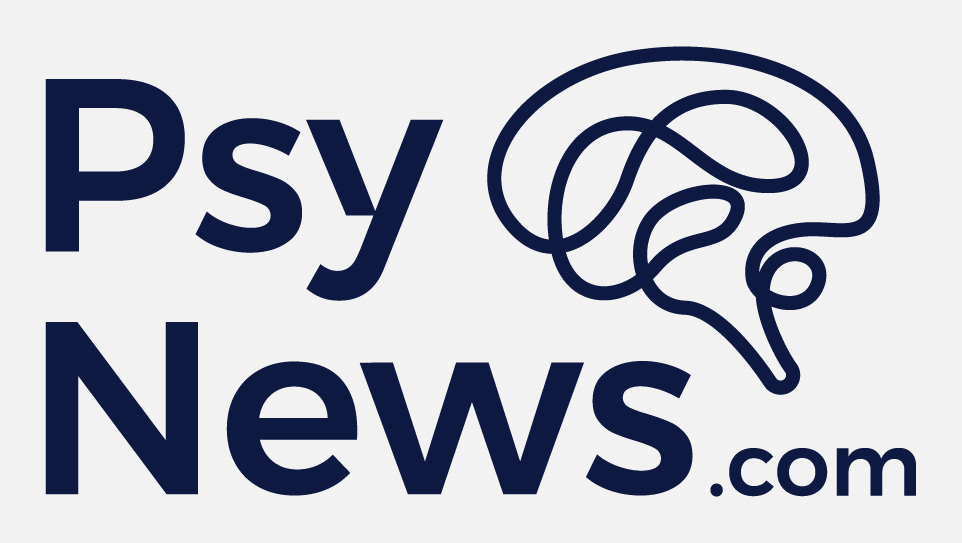By Tessa Eskin
The psychedelic renaissance is well underway. Research hubs around the world are conducting clinical trials on the therapeutic and medical benefits of psychedelics. The results couldn’t be more promising, and point to a brighter future for those suffering from mental health disorders.
A recent study found psilocybin-assisted therapy to be 4 times more effective than antidepressants when treating major depressive disorder. Another trial found MDMA-assisted psychotherapy to be hugely beneficial for participants with PTSD. Amazingly, one year later, 67% of their participants no longer fit the criteria for a PTSD diagnosis. The majority of participants benefited in the long run, with “improved relationships and well-being.” These trials not only impact our understanding of psychedelics and psychology but allow access to pioneering treatments that are otherwise unavailable.
We are standing at the forefront of scientific discovery. More than ever there’s a demand for further research, with plenty of opportunities to participate. So if you’ve ever considered volunteering for a psychedelic clinical trial, now may be the time!
Points for Participation
Do you struggle with depression, anxiety, or substance abuse? You may be eligible for participation in one of the many clinical trials taking place around the world. Plenty of trials are recruiting healthy participants as well.
Financial compensation is just one of the many benefits. Many participants report long term relief from mental health disorders after treatment. So not only may you benefit personally from these groundbreaking treatments, but you will be actively contributing to life-saving research.
Clinical Trial Criteria and Requirements
Psychedelic clinical trials only accept participants over the age of 18 or 21, for fairly obvious reasons. Studies focused on mental health generally seek participants with a history of depression, PTSD, or substance abuse. They mostly require general physical health and availability for several doses or follow-up assessments. It’s not all psychological, though. Many trials investigate psychedelic treatment of physical issues; studies are ongoing on treatment for cluster headaches or early-onset Alzheimers.
Further requirements largely depend on the type of clinical trial, so it’s worth reading through the criteria carefully before applying. Keep in mind, there’s a chance you’ll be administered a placebo, not the psychedelic substance being studied. Rest assured, you will still be giving a gift to science through your participation.
Below are a small selection of trials currently recruiting volunteers or paid participants. They are just some among many other studies taking place around the world.
Trial Studies Open for Enrollment Now – North America and Israel

The Multidisciplinary Association for Psychedelic Studies (MAPS) has entered Phase 3 of their trials on MDMA-assisted psychotherapy for PTSD. This is an extremely exciting trial to be a part of, as the study is in its final phase of research. If successful, the FDA may finally approve MDMA-assisted psychotherapy as a legal option for PTSD.
The research will take place at several locations across the United States, Canada, and Israel. Participants will take either a dose of MDMA or placebo over a 12 week period. They are recruiting participants with severe PTSD, but require decent physical health.
MAPS is also recruiting participants for a new study on ayahuasca as a treatment for PTSD.
The USONA Institute is recruiting volunteers for a randomized study on psilocybin as a treatment for depression. Participants will receive a single dose of psilocybin or placebo. They must return for 12 appointments over a 3 month period. USONA is seeking volunteers with depression, but that are not currently taking medication or receiving therapy. The trial will take place at seven locations across the US.
The Johns Hopkins University Center for Psychedelics & Consciousness Research is seeking volunteers for a study on 5-HT2A agonist psilocybin. They will be testing the effects of psilocybin on depression in patients with mild cognitive impairment or early Alzheimer’s. The study will take place in Baltimore, USA, and free counseling will be offered to all participants.
Trial Studies – Europe
The Imperial College of London is recruiting for a randomized control trial evaluating psilocybin as a treatment for major depression. They’ll be using MRI scans to compare the treatment of two psilocybin doses with daily doses of Escitalopram (SSRI antidepressant). The trial is already underway, but they are still seeking new participants with moderate to severe depression.
The University Hospital Basel is recruiting for a study to compare the acute effects of LSD, psilocybin, and placebo. It is the first modern trial directly comparing the two substances within the same clinical study. They are seeking 30 healthy participants, who will be administered various doses and then assessed. The study will take place at the university hospital in Switzerland.
What Happens Next?
Once you’ve applied to participate in a clinical trial, you’ll be further assessed as part of a strict screening process. If you meet the criteria, you’ll be given either an active treatment or a placebo comparer. You may be asked to return several times for further assessment over a period of months. Researchers will ask you to be extremely forthcoming regarding the treatment, as they are attempting to procure the most accurate data possible.
There has never been a more exciting time to participate in a psychedelic clinical study. If eligible, you’ll be contributing to the most promising and humane field of discovery in our age. Good luck!
The post So, You Want to Participate in a Psychedelic Clinical Trial appeared first on PsyTech.





